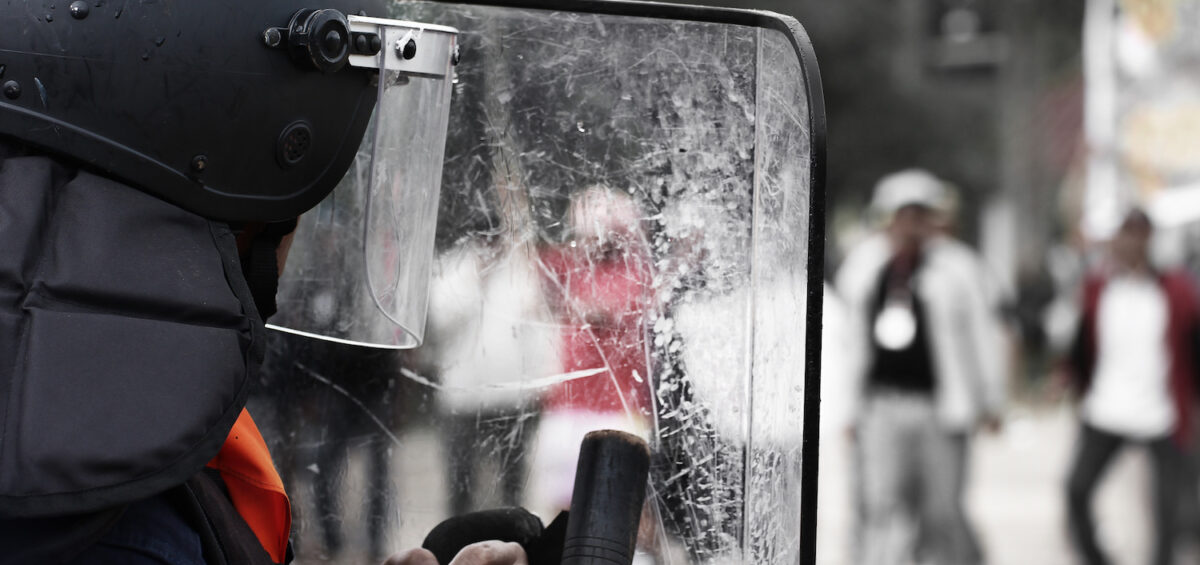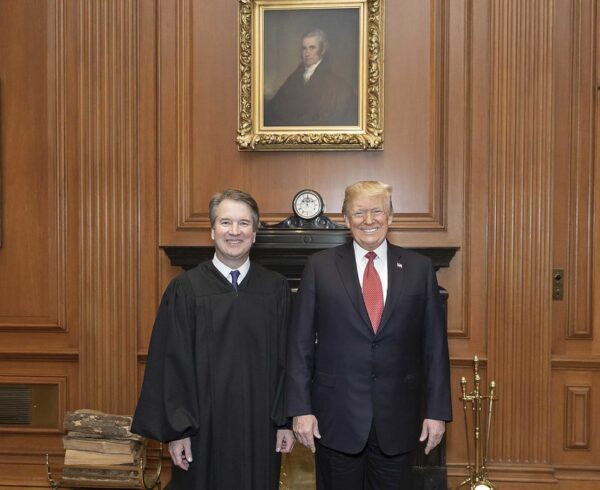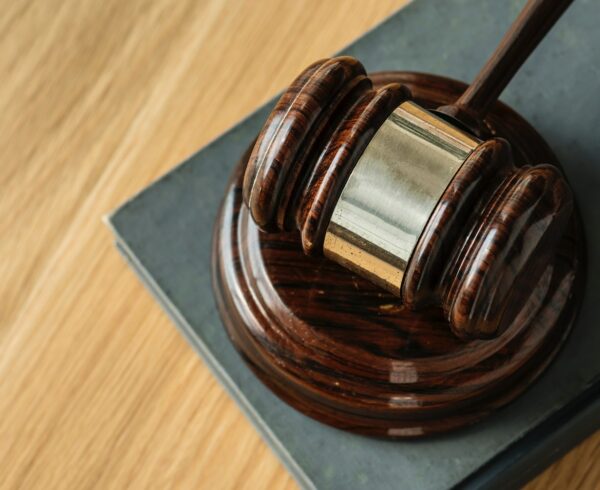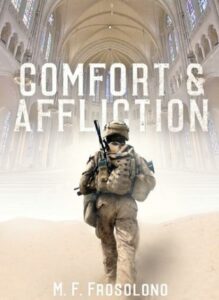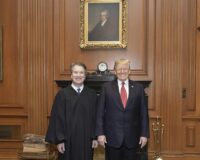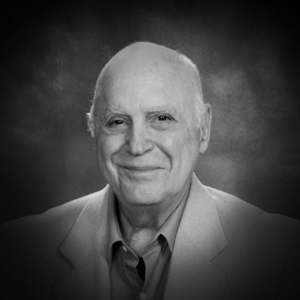We should keep in mind two complementary postulates:
- Inappropriate and illegal police action—including outright brutality—against citizens and even non-citizens, regardless of their race, must never be tolerated.
- Violence against police, regardless of emotions that may arise from inappropriate actions by law enforcement officials, must not be tolerated, much less advocated.
When sufficient evidence of illegal violence against citizens or law enforcement personnel exists, the criminal offenders—regardless of race or official status—must be prosecuted to the fullest extent of applicable laws.
All Lives Matter
I have great intellectual empathy for
- Our African-American brothers and sisters who have experienced police brutality firsthand or have observed such brutality in their community
- Our law enforcement brothers and sisters who have been attacked and sometimes assassinated by criminals who supposedly act in response to police brutality.
Even so, I object to slogans such as “Black Lives Matter” and “Blue (or Police) Lives Matter.” These slogans, assuming we recognize the precipitating events and justifiable non-violent responses, are nothing more than attempts to promote victimization, i.e., We’re more victimized than you, and you might not even be a victim.
I have long enjoyed Michael Connelly’s novels with Harry Bosch as the protagonist. I particularly resonate with Harry’s dictum: “Everybody matters or nobody matters.” I interpret the “Black Lives Matter” and “Blue Lives Matter” slogans as violations of the Harry Bosch dictum because all of us are victims or subject to becoming victims.
I well-remember studying John Donne’s poem, “For Whom The Bell Tolls“, when I was a student at LaGrange (GA) High School:
No man is an island,
Entire of itself.
Each is a piece of the continent,
A part of the main.
If a clod be washed away by the sea,
Europe is the less.
As well as if a promontory were.
As well as if a manor of thine own
Or of thine friend’s were.
Each man’s death diminishes me,
For I am involved in mankind.
Therefore, send not to know
For whom the bell tolls,
It tolls for thee.
Leaving aside the archaic use of man to refer to all human beings, focusing victimization on groups of people, rather than on individuals, has made us forget the essential message of this literary work: What happens to one of us, happens to all of us. I am, by no means, trying to denigrate the legitimate concerns of our African-American brothers and sisters with respect to illegal police brutality nor am I ignoring how racism remains a defining characteristic of our society. We must solve the problem of racism before our society descends further and irrevocably into an abyss. Efforts to establish single-group victimization in competition with other groups promote the descent.
Justifiable Violence?
I am not a Christian Pacifist who maintains that all violence, regardless of the situation, should be prohibited. For instance, appropriate violence by our armed forces in defense of this nation should be viewed as regrettable but necessary. Similarly, when persons engage in criminal activity that threatens legitimate law enforcement personnel and other law-abiding individuals, violent—even lethal—responses may be justifiably necessary. Unfortunately, determination of justifiable violence is not always straightforward and seldom generates universal agreement within our racially charged society.
All of us are guided more by our perceptions than what may be the absolute truth—a description of the ideal rather than the merely real, which is a shadow of the ideal. Yes, I just invoked Plato. Even when Judeo-Christians maintain the Holy Spirit guides us, we operate through our perceptions of the absolute truth. This fact was forcibly impressed upon me when I first served as an expert witness in a high-stakes legal case. The primary lawyer on my side of the case said, “Mike, you’re a scientist and you believe scientific truth should be the trump card in this case. However, in the courtroom, the legal truth is defined by what the jury and/or judge decide. The decision may or may not correspond to the scientific truth.” That is, perceptions of the truth can be, and often are, more definitive than the absolute truth.
This line of reasoning becomes highly important in the several recent court cases arising from alleged police or, in some instances, “civilian” brutality against our African-American brothers and sisters. We must recognize that, once a jury or judge have rendered a verdict perceived to be opposite from the perception of the truth concerning the violence, nothing immediately valuable can be achieved by street protests, violent or non-violent. Protest energies should be addressed toward resolution of prevalent racism and reform of the egregious aspects of law enforcement. Under no circumstances will violent action against individuals in law enforcement accomplish anything other than perpetuating the racism and further inflaming the relationships among citizens of all racial groups, law enforcement personnel, and the legal system.
A Way Forward
I understand the frustration within minority groups over perceived and actual police brutality, and other unjust behaviors. I also understand the resentment of law enforcement personnel who meet resistance in what they perceive are their justifiable actions to protect citizens and society. Yes, on both sides, “Enough is enough!” Nevertheless, if we don’t eschew illegal violence resulting from actions of ordinary “civilians” and law enforcement, we face dissolution of our society and destruction of this nation.
One of the most important things we can do to rectify the situation is to refuse to let demagogues and professional agitators—from whatever perception—exacerbate the situation. Citizens have the Constitutional rights of free speech and assembly to protest against governmental authorities and even other groups of citizens. Such protests, however, should not involve violence and hateful speech. Provocative speech under some circumstances can be appropriate.
I maintain that the endemic racism and its results in our country will not be fundamentally solved through our legal system. We need changes in hearts and minds. The recent street protests (e.g., widespread disruptions of traffic) against perceived police brutality and other illegal actions have little prospect of changing hearts and minds except to harden perceptions. Similarly, assassination of law enforcement personnel only hardens hearts and minds.
Until hearts and minds can be changed to eliminate racism, we must rely upon the legal system to maintain order and enforce the legitimate rights of all citizens. Accordingly, I think Constitutional rights of free speech and assembly—even non-violent street protests—will best be addressed to ensure equal access to the ballot box so that legal system will be better equipped to ensure the safety and rights of all citizens.
